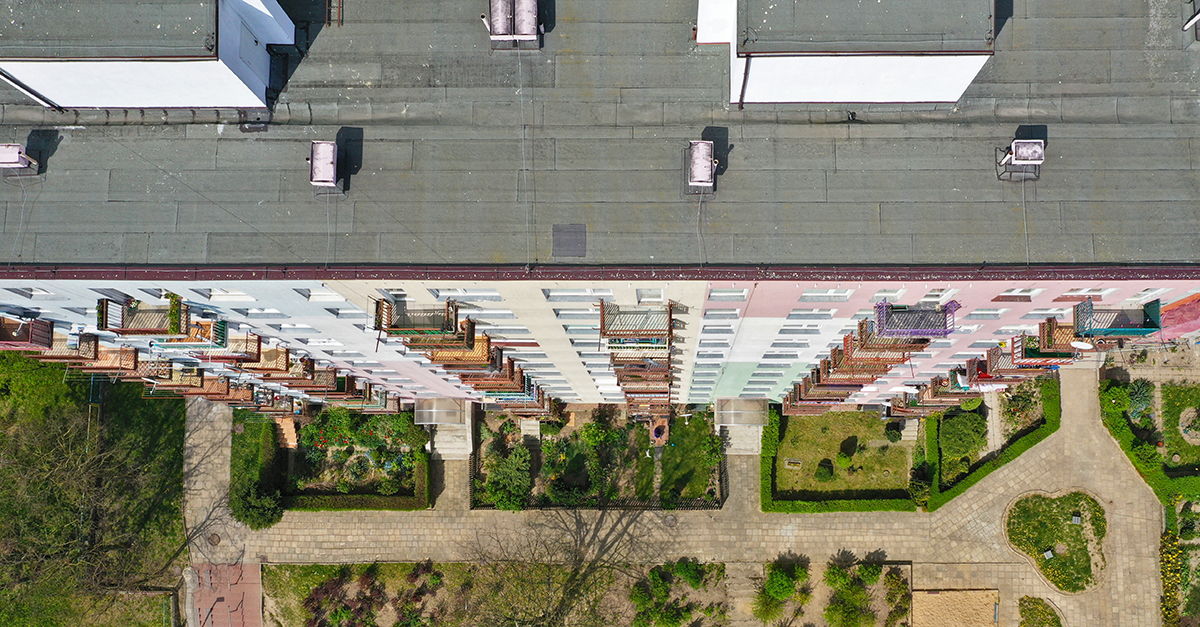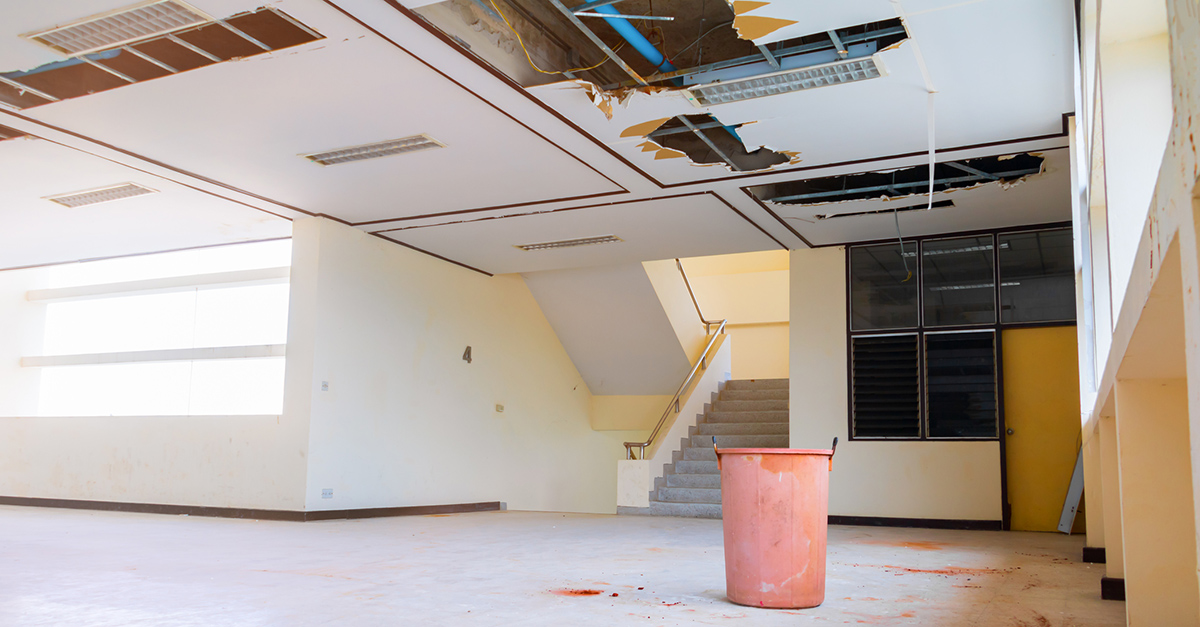When we meet with clients for a new roof installation or commercial roof replacement in Tampa, they are usually trying to decide between several types of roofing systems. Each type of commercial roofing system comes with its own unique set of features, advantages, and drawbacks, so it can be difficult to decide which system is the best fit for the needs of your building. Fortunately, no matter which commercial roofing system you choose or the size of your project, our technicians have the skill and training to tackle any installation, repair, or replacement process.
To help you decide on the best roofing system for the unique needs of your commercial property, we’ve compiled a brief overview of some of the most common commercial roofing systems. If you’d like to view our portfolio of the recent projects we have completed or learn more about any of our roofing services, don’t hesitate to contact Aderhold Roofing — one of the best commercial roofing contractors in Tampa.
Related: Why You Need to Plan Now for Commercial Roof Replacement
Single-Ply Roofing System
Single-ply roofing is a time-tested option for commercial buildings that involves flexible sheets of compounded plastic-derived material and other synthetics that are chemically adhered, ballasted, or mechanically fastened to insulation. When properly installed, single-ply roofing systems can last over 30 years and offer an inherent advantage over traditional materials like tar paper due to their strength, reflexivity, flexibility, and high durability. By their very nature, these types of roofing systems resist peeling, cracking, and other forms of weathering. Below, we’ve provided a brief description of the three most popular types of single-ply roofing systems:
- EPDM: Ethylene propylene diene monomer (EPDM) consists of a synthetic rubber elastomer that allows it to be flexible, energy-efficient, and fire-resistant. It’s available in a variant of thicknesses and always provides a smooth and aesthetically pleasing finish for your roof.
- PVC: Polyvinyl chloride (PVC) is made up of two layers of PVC with a polyester reinforcement scrim in between and is the ideal long-term solution for many commercial roofs due to its resistance to breakage, tears, weathering, and water absorption. These types of systems can either be fully adhered or mechanically installed and are incredibly easy to repair and maintain.
- TPO: Thermoplastic polyolefin (TPO) is composed of polypropylene and ethylene-propylene rubber that has been polymerized together into a fully adhered or mechanically attached system with heat-welded seams. Like PVC, TPO roofing systems are lightweight, highly reflective, and resistant against weathering, tears, and most chemicals. They come in a variety of thickness and price options and are suitable for a wide mix of applications and budgets.
Metal Roofing System
Low-slope metal roofing systems are one of the most popular choices for commercial and industrial buildings due to their longevity, aesthetic appeal, and durability. When installed properly, these systems can provide incredibly low maintenance requirements, extend the lifespan of your roof, and provide an attractive, finished look for your building. Due to the fact that metal roofing is also lightweight, it can often be installed directly over top of your existing commercial roof with a coating for rust and UV protection. For many commercial or industrial roof, there is a wide variety of different metal materials available for use, including:
- Aggregates of aluminum, zinc, or silicon-coated steel
- Stainless steel
- Tin
- Lead
- Stone-coated steel
- Copper
- Aluminum
- Corrugated galvanized steel
- Metal tile sheets
For a roofing contractor that is fully certified to work with, maintain, and repair all types of commercial roofing systems, including single-ply roofing and metal roofing systems, contact our team of commercial roofing specialists in Tampa.
Built-Up Roofing System
Built-up roofing systems, commonly referred to as “tar and gravel” roofs, are among some of the oldest roofing systems available on today’s market, having been in use for over 100 years. These types of roofing systems are installed by alternating layers (piles) of asphalt or tar and supporting fabrics directly onto your commercial roof with a final layer of stone or gravel. The number of layers can be varied, as necessary, in order to keep costs within budget or meet certain durability requirements for your building.
When properly installed and maintained, a commercial built-up roof can last up to 40 years through a range of extreme climatic conditions and low and high temperatures. This is because the continuous solid surface of the roof removes commonly vulnerable areas for leaking in joints or seams, and the tar and gravel surface provides protection against UV rays.
Modified Bitumen Roofing System
Finally, there is modified bitumen — a consistently durable material for your roof that combines a chemical polymer with asphalt for a high level of temperature resistance and flexibility. This type of roofing material can be applied in several ways in both hot and cold temperatures, such as through hot-mopped asphalt, torch applied adhesives, cold-applied adhesives, and self-adhesive sheets. Typically, modified-bitumen systems are fastened to the rooftop as two-ply systems and adhered to the roofing deck for the maximum level of stability and protection.
Depending on the installation process, the surface of your modified bitumen roof will be either a smooth, mineral or foil laminate coated with ceramic material to guard against sun damage. The maintenance for these types of roofing systems is fairly simple, and, overall, modified bitumen may prove to be a more cost-effective option for your commercial roof when compared to other single-ply membranes available.
In just the last three years, Aderhold Roofing has installed and repaired millions of square feet of commercial roofing. Whether you’re looking for new commercial roof installation or commercial re-roofing in Tampa, we have the extensive experience and expertise necessary to be your roofing solutions provider for any roofing situation. Just give us a call today and work with one of our commercial roofing specialists in Tampa who will protect your valued investment now and well into the future.
To speak with one of the commercial roofing contractors in Tampa, or to schedule a consultation, please submit our contact request form.
Disclaimer: The information contained in this article is for general educational information only and is not intended to be a substitute for professional counsel.


